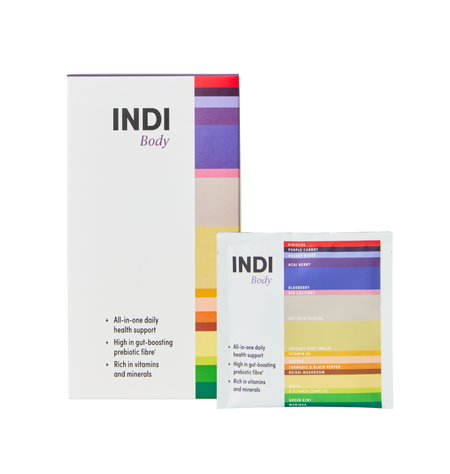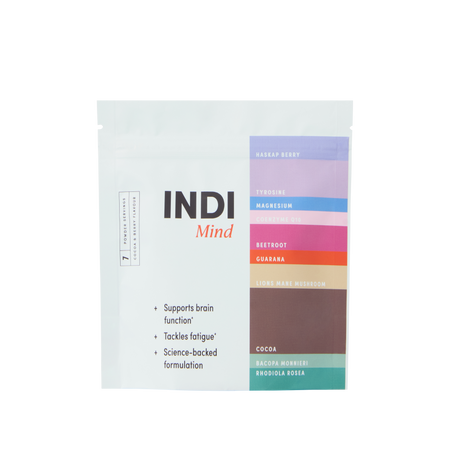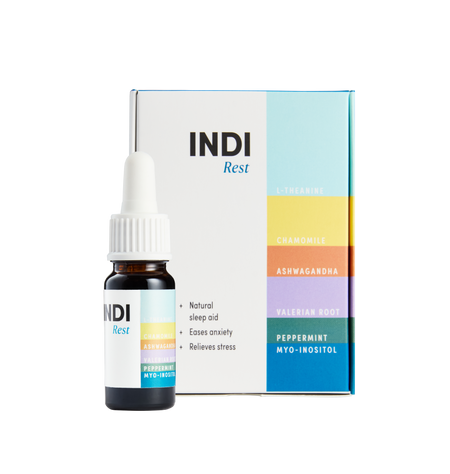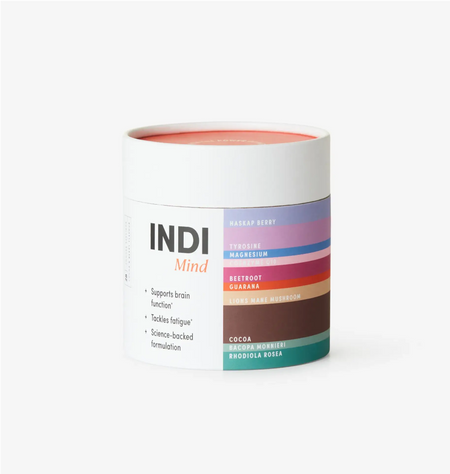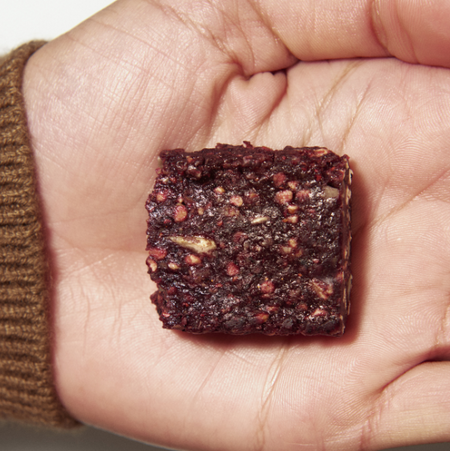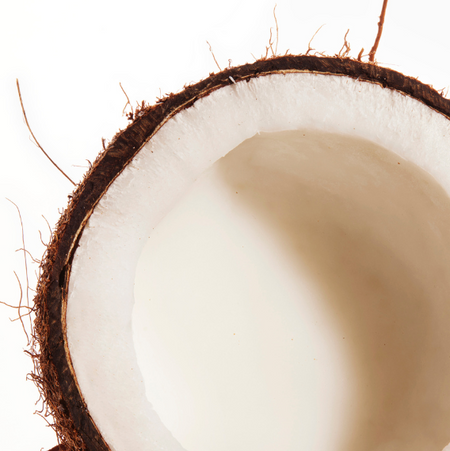The bacteria in your gut can affect your health, even leading to type 2 diabetes. Learn how to build a flourishing gut microbiome.
Gut health and blood sugar balance are intricately connected through a complex interplay of physiological mechanisms. Understanding this link makes it easier to recognise and be aware of its far-reaching impact on various health conditions and overall wellbeing.
The gut microbiome refers to the trillions of microorganisms housed within the gastrointestinal tract, which plays a pivotal role in maintaining the body's internal equilibrium. When the gut microbiome is in balance, it ensures effective digestion and absorption of nutrients from food, including carbohydrates.
When carbohydrates are broken down during digestion, they are primarily converted into two types of sugars: glucose and fructose. Glucose is absorbed directly into the bloodstream, affecting your blood glucose levels or more generally, blood sugar levels, and serves as the body's primary source of energy. Glucose can be used by cells for fuel or stored as glycogen in the liver and muscles for later use. Fructose, on the other hand, primarily goes to the liver, where it is metabolised and can be converted into glucose or stored as fat. These different types of sugars are then distributed throughout the body to provide energy and support various metabolic processes.
A well-balanced gut microbiome contributes to stable blood sugar levels by modulating the rate at which these sugars are absorbed into the bloodstream. When the microbiome is diverse and populated with beneficial bacteria, it promotes a slower, more controlled release of sugars into the blood, helping to prevent rapid spikes and crashes in blood sugar, otherwise known as the blood sugar rollercoaster. Stability in blood sugar levels is pivotal for overall wellbeing, as it ensures that the body's energy needs are met consistently and avoids the associated problems of hypoglycemia (low blood sugar) and hyperglycemia (high blood sugar).
THE BLOOD SUGAR ROLLERCOASTER AND CRAVINGS
When blood glucose levels fall below baseline (the lower end of the “normal” zone), you can experience a sudden energy crash, headaches, shivers and cold, as well as intense cravings for foods high in sugar. This is the body’s way of saving you from potentially dying back in the evolutionary days when food was scarce.
However, now when highly processed foods are available within a few clicks on the phone or just around the corner, this response becomes more problematic. What happens is: blood sugar levels are low → cravings → eating foods high in sugar → blood sugar rises rapidly bringing about a sharp spike → the energy from simple sugars is absorbed rapidly and not maintained for a decent period of time → you get hungry soon after, as blood sugar levels shoot back down.
This results in an ongoing cycle of cravings followed by an energy crash, followed by more cravings. At the end of it all, you feel physically uncomfortable, exhausted, hungry and likely ridden with guilt. Over the long term, regular blood sugar spikes and dips, and elevated blood sugar levels can lead to type II diabetes.
If you experience energy crashes and are finding it difficult to focus, Indi Mind is the perfect pick-me-up that works within 10 minutes and up to 4 hours. The combination of focus-enhancing amino acids like L-Tyrosine, and powerful nootropics like Lion’s mane, guarana, cocoa and more provide your brain and mind with the nutrients it needs to stay energised, focused and calm.
HOW A WELL-BALANCED GUT MICROBIOME CONTRIBUTES TO STABLE BLOOD SUGAR LEVELS
Fermentation of fibre:
A diverse and healthy gut microbiome efficiently breaks down dietary fibre from complex carbohydrates found in fruits, vegetables, and whole grains. During this process, gut bacteria ferment fibre into short-chain fatty acids (SCFAs), such as acetate, propionate, and butyrate. SCFAs have several beneficial effects, including enhancing insulin sensitivity, reducing inflammation, and modulating the release of hormones that affect blood sugar levels.
Gut hormone regulation:
The gut microbiome influences the production of gut hormones like glucagon-like peptide-1 (GLP-1) and peptide YY (PYY). These hormones play a role in regulating appetite, food intake, and the rate at which the stomach empties its contents. By influencing these hormones, a balanced gut microbiome can slow down the digestion and absorption of carbohydrates, preventing rapid spikes in blood sugar after meals.
Inflammation and insulin resistance:
Dysbiosis, or an imbalanced gut microbiome when there are more harmful gut microbes than beneficial ones, can lead to chronic low-grade inflammation. Inflammation can interfere with the body's insulin signalling pathways, contributing to insulin resistance. When the body becomes resistant to the effects of insulin, requiring more and more of it to be released from the pancreas, it struggles to regulate blood sugar effectively, leading to elevated glucose levels. A well-balanced gut microbiome, on the other hand, can help reduce inflammation and promote insulin sensitivity.
Gluconeogenesis:
Some gut bacteria are capable of modulating gluconeogenesis, a process in which the liver produces glucose from non-carbohydrate sources. One example of such bacteria is Bacteroides thetaiotaomicron. It can affect the expression of genes involved in these processes, potentially impacting the body's overall blood sugar levels by regulating the liver's glucose output.
Metabolism of bioactive compounds:
The gut microbiome metabolises bioactive compounds found in food, such as polyphenols and phytonutrients. These metabolites can positively influence blood sugar regulation by affecting glucose transporters and insulin signalling pathways. One important glucose transporter involved in blood sugar regulation is GLUT4 (Glucose Transporter 4). GLUT4 is primarily found in fat and muscle cells and plays a crucial role in facilitating the uptake of glucose from the bloodstream into these cells. The activity of GLUT4 is regulated by insulin.
Metabolites produced by the gut microbiome can affect glucose transporters and insulin signalling pathways in the following ways:
-
Enhancing Insulin Sensitivity: Some gut microbiome metabolites, like short-chain fatty acids (SCFAs) such as butyrate, have been shown to improve insulin sensitivity. They do so by promoting the activation and translocation of GLUT4 to the cell membrane, making it more efficient at transporting glucose into the cells. This, in turn, helps lower blood sugar levels.
-
Reducing Inflammation: Gut metabolites can have anti-inflammatory effects. Inflammation can impair insulin signalling pathways, leading to insulin resistance. By reducing inflammation, these metabolites can enhance insulin sensitivity.
-
Modulating Hormones: Metabolites can influence the production of hormones like incretins, which regulate insulin release and blood sugar levels. For example, some metabolites can stimulate the secretion of glucagon-like peptide-1 (GLP-1), which enhances insulin release and reduces blood sugar levels.
Look out for Gabi's next guest blog on this subject to discover why it’s important to maintain stable blood sugar levels and the symptoms of inflammation to look out for.
About Gabi Zaromskyte
I am a Registered Nutritionist (AfN)(ANutr), Intuitive Eating Counsellor, Holistic Health Coach and certified L3 Personal Trainer. My nutrition consulting brand Honestly is a culmination of my personal story and education in nutritional sciences. It is based on years of navigating my own and later, my clients’ food concerns, through which I’ve helped women resolve their food and body struggles, while shifting the focus on long-term health, instead of short-lived looks.
About Honestly
Honestly is a way of eating, moving and living that helps you tune into the body’s cues from within and live in a way that is honestly true to your inner self. It’s shifting away from the loud marketing trends and diet culture that are trying to convince you you are not enough. It’s moving away from the influence of making decisions based on external messages of how you should look and feel about yourself.
Honestly combines non-diet nutrition, gut health and blood sugar balance to address your entire physical and mental wellbeing in a holistic way. Apart from nurturing a positive relationship with food, the focus on gut health and blood sugar balance allows us to look into a wide range of health concerns, such as disordered eating behaviours, hormonal imbalances, fertility issues, digestive problems, inflammation, immunity, chronic fatigue and more. Instead of being stuck in the binge-restrict cycle and always ending up back at square one, eat for life-long health and enjoy the food you love without guilt.
The Honestly Method
I have worked with over 700 clients via the NHS, as well as privately helping people with all of the above, which led me to develop my own signature approach—the Honestly Method. Together we can break free from diets and work towards food freedom, get you to start craving balance instead of sugar, and nourish your gut. This will in turn have multiple positive effects on many other health concerns you may have, so you can be your healthiest, most radiant self.
If you’d like to find out more about me as a nutritionist and the Honestly Method, head to the Honestly website and make sure to check out Honestly Instagram for lots of educational videos and nutritious recipes.
